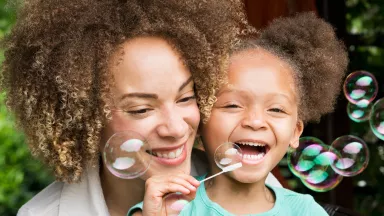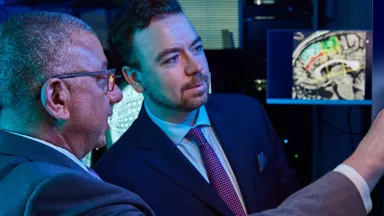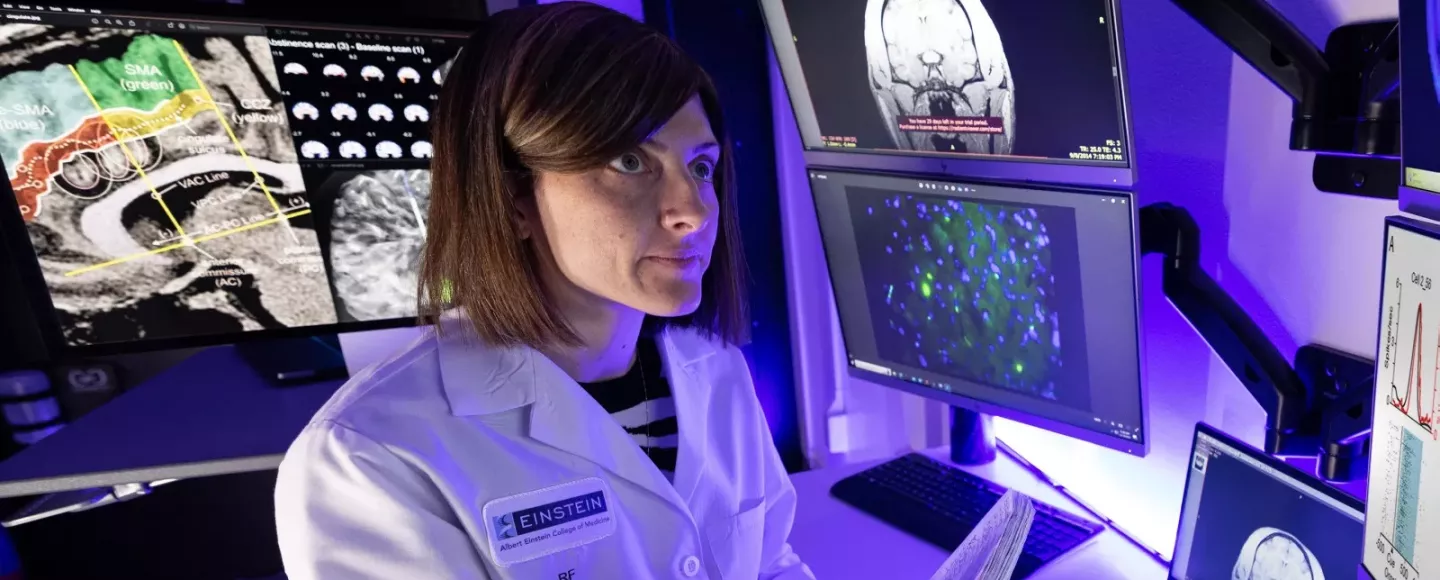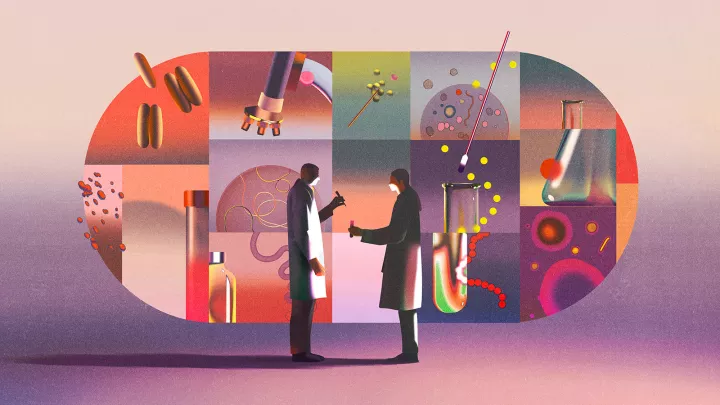Overview
The Falcone Laboratory is interested in identifying the neural mechanisms of social behavior, such as those that allow us to infer what others are thinking and feeling, and to distinguish between the self and others. These social skills are impaired in individuals with autism spectrum disorder (ASD). We examine this topic in non-human primates at the level of single neurons and local field potentials, and we study how the prefrontal cortex (PFC) contributes to social behavior.
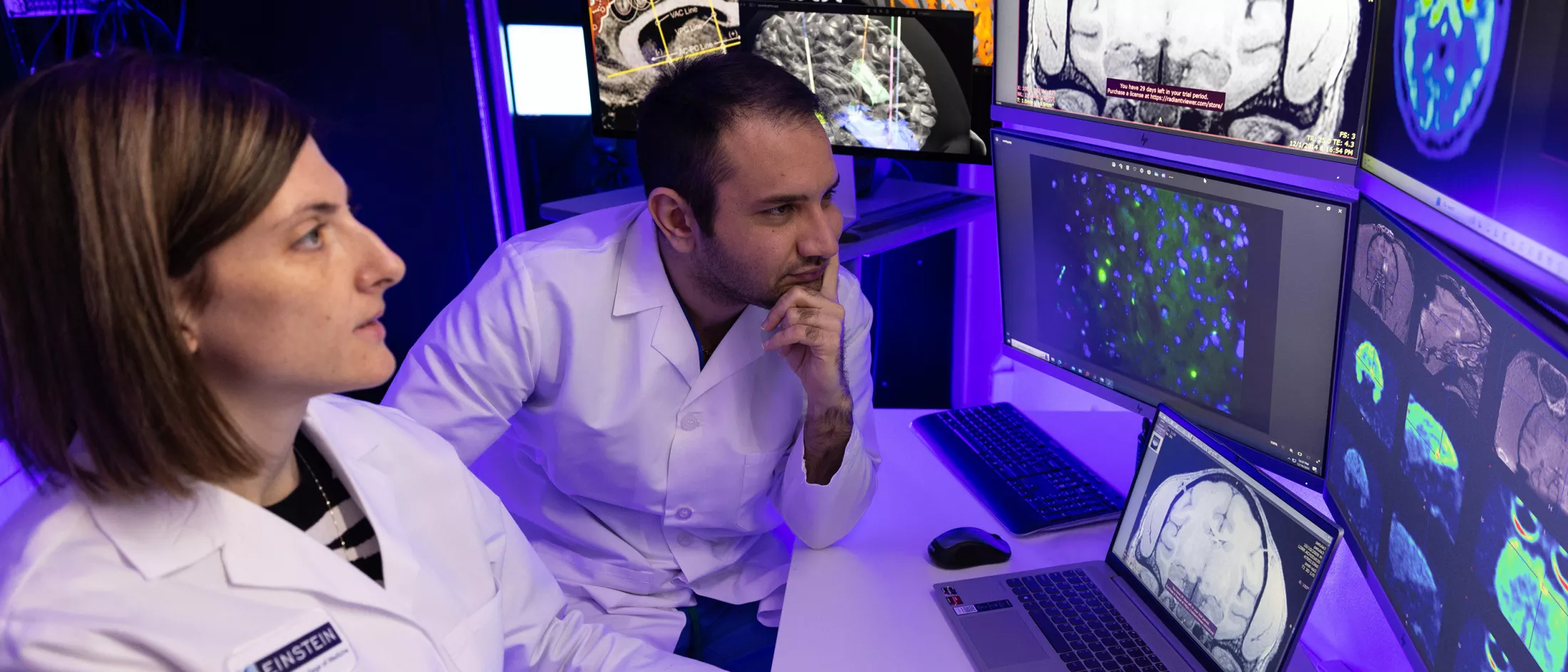
Areas of Concentration
Neurophysiology of Motivated Behavior
Motivation is a complex behavioral phenomenon that balances the attractiveness of achieving a goal or reward with the effort required to obtain it. Difficulty in maintaining adaptive motivational states is a common feature of many neuropsychiatric disorders, including depression, obsessive-compulsive disorder, and substance use disorders, as well as degenerative neurological conditions, such as Parkinson's disease and frontotemporal dementia.
Our laboratory primarily uses classical extracellular neural recordings to describe how neurons encode reward value and confidence level when making value-based decisions.
Establishing a Causal Link Between Cholinergic Signaling & Behavior
Acetylcholine plays a central role in the regulation of many cognitive behaviors, including learning and motivation. What are the underlying mechanisms? And once identified, how do these mechanisms relate to the abnormal behavior?
We use state-of-the-art techniques, such as chemogenetics (DREADDs) for transient inactivation of specific brain regions, as well as silencing of targeted gene expression by RNA interference, to establish the causal role of cholinergic signaling in such behaviors and to describe the underlying mechanisms.
Selected Publications
Wang S*, Falcone R*, Richmond B and Averbeck B. Attractor dynamics reflect decision confidence in macaque prefrontal cortex. Nature Neuroscience. 2023. *Equal Contribution
Lerchner W., Adil AA, Mumuney S, Wang W, Falcone R, Turchi J, and Richmond BJ. (2021) RNAi and chemogenetic reporter coregulation in primate striatal interneurons. Gene Therapy. 2021.
Falcone R, Weintraub DB, Setogawa T, Wittig JH, Chen G, and Richmond BJ. Temporal coding of reward value in monkey ventral striatal Tonically Active Neurons. Journal of Neuroscience. 2019.
Falcone R, Cirillo R, Ferraina S, and Genovesio A. Neural activity in macaque medial frontal cortex represents others’ choices. Scientific Reports. 2017.
Falcone R, Brumanonti E, Ferraina S, and Genovesio A. (2016) Neural encoding of self and another agent’s goal in the primate prefrontal cortex: Human-Monkey interactions. Cerebral Cortex. 2016.
Rossella Falcone, Ph.D.
About Rossella Falcone, PhD
Dr. Rossella Falcone holds a bachelor’s degree in human biology from the University of Rome “Tor Vergata” and a master’s degree in neurobiology from the University of Rome “La Sapienza”. She received her PhD in neurophysiology from the University of Rome “La Sapienza” and, after a one-year fellowship in the same department, moved to the National Institutes of Health, first as a visiting fellow, and later as a research fellow. After a short postdoctoral period at INSERM in France, she joined the Department of Neurosurgery at Albert Einstein College of Medicine as an instructor in February 2022.


